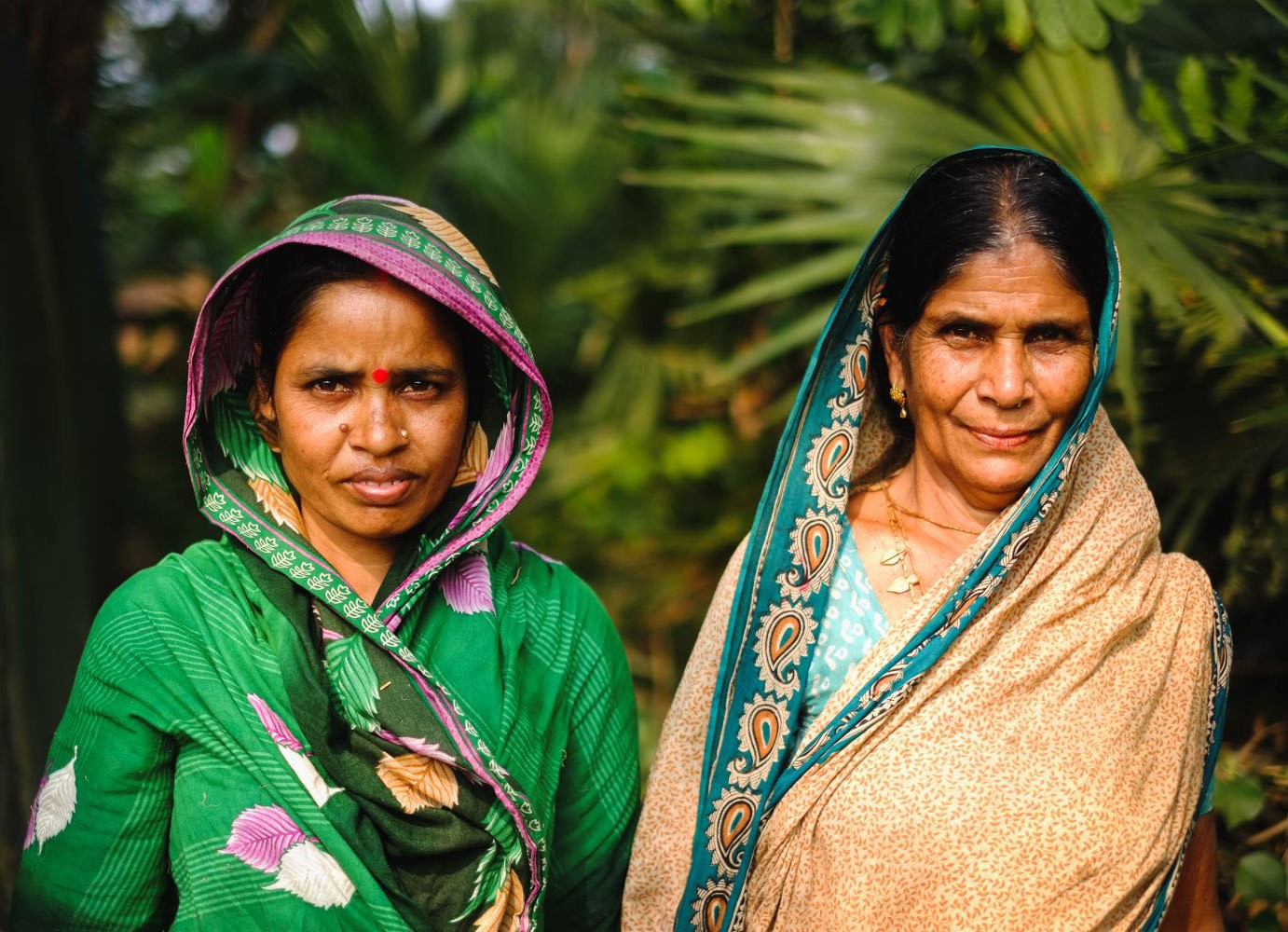Even to an outsider unskilled at parsing the practical import of switching from ‘commit’ to ‘endeavor’ in a non-binding declaration, the latest draft of the Addis Financing for Development text looks very different from the zero draft. The overall shift appears to have been away from making solid commitments, especially with numbers attached. In some cases, that’s a good thing. But it does leave the text looking closer to a vegetarian brunch –lots of waffle, not much meat. At this point, the negotiators might want to stop stripping and start adding.
Some of the excisions make sense: while language on a global social compact remains, pricing essential public services has gone. Cut language includes: “… in general, countries need to spend a minimum of $[300] per person in purchasing power parity terms or 10 per cent of GDP, whichever is higher, to provide essential public services.” While it would have been nice to see that language replaced with a clearer delineation of what would be in a social compact, I think the negotiators were right to step back from ‘costing’ part of the SDGs like that . What matters isn’t how much is spent but what is delivered.
Again, specific tax targets were cut: the zero draft suggested “Countries with government revenue below 20 per cent of GDP agree to progressively increase tax revenues, with the aim of halving the gap towards 20 per cent by 2025, and countries with government revenue above 20 per cent of GDP agree to raise tax revenues as appropriate.” Nancy and colleagues lay out the reasons they thought that the target was a mistake here. And the language is gone.
On tobacco there has been a very welcome move toward clarity: in the zero draft, tobacco taxes were oddly included amongst a list of global tax mechanisms: “We encourage additional countries to voluntarily join in implementing the agreed mechanisms and to help develop and implement additional innovative modalities, including a widening of countries participating in a financial transaction tax, carbon taxes or market-based instruments that price carbon, taxes on fuels used in international aviation and maritime activities, or additional tobacco taxes.” In this draft, the tobacco tax is identified as a valuable sin tax. “We will consider taxing harmful substances in order to deter consumption and to augment domestic resources. We recognize, in particular, that taxes on tobacco reduce consumption and represent an untapped revenue stream for financing for development in many countries.” My colleague Bill Savedoff would surely still like more specifics –but the new draft is at least a move in the right direction.
We’ve also seen some movement towards procurement transparency. From “We further agree on the need for transparent public procurement that reinforces· sustainable development” to “We will establish transparent public procurement frameworks as a strategic tool to reinforce sustainable development.” –a small step towards open contracting.
Again, it is good that the negotiators got more specific on aid graduation policies. The zero draft suggested “We encourage MDB shareholders to apply criteria flexibly and give favorable consideration to review graduation criteria to ensure that they are fair, up to date and relevant.” That’s been changed to: “We note with concern that access to concessional finance is reduced as countries’ incomes grow, and that countries may not able to access sufficient affordable financing from other sources to meet their needs. We encourage MDB shareholders to develop graduation policies that are sequenced, phased and gradual.” While the concern with a sudden drop-off of resources at IDA graduation (the ‘financing ditch’) might be over-played, the concern is still a good one.
The language on migration has become less convoluted, but even less directive at the same time. From “Recognizing the positive contribution that well-managed migration and mobility can play for inclusive growth and sustainable development, we will make efforts to enable the orderly, safe and regular migration and mobility of people” in the Zero draft, we now have “We recognize the positive contribution of migrants for inclusive growth and sustainable development in countries of origin, transit and destination countries” –but no language on making efforts. The negotiators give clarity on development impact on the one hand and take away the weak language on increasing flows with the other.
And amongst clear steps backward, there is new and strangely worded language on the global infrastructure problem: “To bridge the global infrastructure gap, including the 1 to 1.5 trillion dollar annual gap in developing countries, we will facilitate development of sustainable, accessible and resilient infrastructure in developing countries through enhanced financial and technical support.” First, it is excessively optimistic to imagine ‘enhanced financial and technical support’ could fill a trillion dollar gap (or anywhere near it). Second, even starting towards that target would involve significant Multilateral Development Bank reform including a complete overhaul of the World Bank’s private investment guarantee arm (MIGA) –none of which is properly covered in the document. And, third, large additional investments in infrastructure will only be sustainable with utility pricing reform, necessary to finance proper maintenance of existing infrastructure stocks let alone their expansion.
There are still good bits left, and some interesting placeholder language on technology and infrastructure cooperation, but I hope there’s a move back towards adding meaningful specifics before Addis wraps up. And CGD has lots of proposals for language from technology through migration, infrastructure finance and beyond.
Disclaimer
CGD blog posts reflect the views of the authors, drawing on prior research and experience in their areas of expertise. CGD is a nonpartisan, independent organization and does not take institutional positions.





